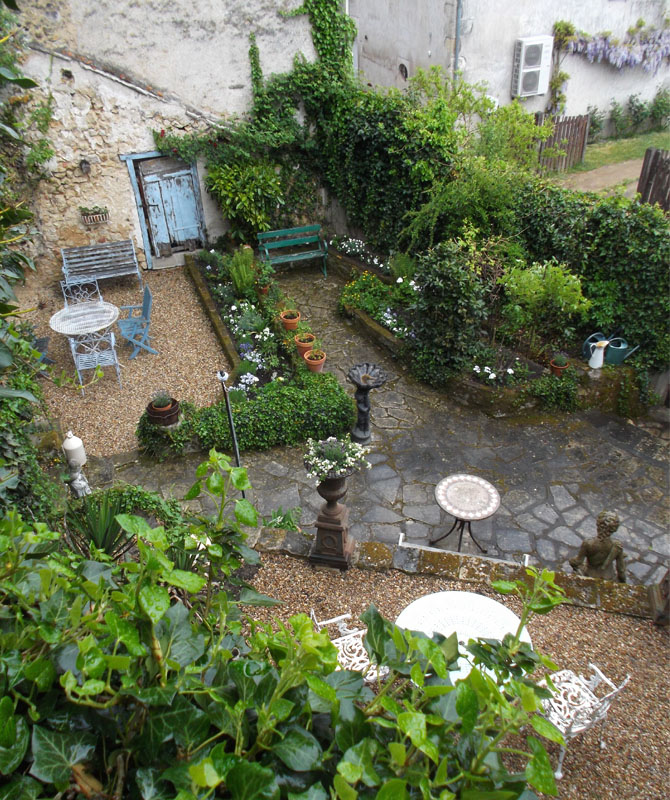 the womens room
the womens room
Take time each day to write something about your life's journey. Reflect daily on that which has meaning for you. There is always something but we often let the little miracles go unacknowledged. Capture them, cherish them and claim them as part of the wonderment of your life ~ Mary Francis Winters
Thursday 30 April 2015
Sunday 26 April 2015
sarah manguso
The essential problem of ongoingness is that one must contemplate time as that very time, that very subject of one’s contemplation, disappears.
[…]
The best thing about time passing is the privilege of running out of it, of watching the wave of mortality break over me and everyone I know. No more time, no more potential. The privilege of ruling things out. Finishing. Knowing I’m finished. And knowing time will go on without
[…]
The best thing about time passing is the privilege of running out of it, of watching the wave of mortality break over me and everyone I know. No more time, no more potential. The privilege of ruling things out. Finishing. Knowing I’m finished. And knowing time will go on without
seneca
It is not that we have a short time to live, but that we waste a lot of it. Life is long enough, and a sufficiently generous amount has been given to us for the highest achievements if it were all well invested. But when it is wasted in heedless luxury and spent on no good activity, we are forced at last by death’s final constraint to realize that it has passed away before we knew it was passing. So it is: we are not given a short life but we make it short, and we are not ill-supplied but wasteful of it… Life is long if you know how to use it.
leo tolstoy
Spring arrived – a beautiful, kind-hearted spring, without spring’s usual promises and deceptions, and one of those rare springs which plants, animals, and people rejoice in together.
Anne Lamott
Trappings and charm wear off… Let people see you. They see your upper arms are beautiful, soft and clean and warm, and then they will see this about their own, some of the time. It’s called having friends, choosing each other, getting found, being fished out of the rubble. It blows you away, how this wonderful event ever happened – me in your life, you in mine.
on ageing - ursula mcguinn
Who I am is certainly part of how I look and vice versa. I
want to know where I begin and end, what size I am, and what suits me... I am
not “in” this body, I am this body. Waist or no waist.
But all the
same, there’s something about me that doesn’t change, hasn’t changed, through
all the remarkable, exciting, alarming, and disappointing transformations my
body has gone through. There is a person there who isn’t only what she looks
like, and to find her and know her I have to look through, look in, look deep.
Not only in space, but in time.
[...]
There’s the
ideal beauty of youth and health, which never really changes, and is always
true. There’s the ideal beauty of movie stars and advertising models, the
beauty-game ideal, which changes its rules all the time and from place to place,
and is never entirely true. And there’s an ideal beauty that is harder to define
or understand, because it occurs not just in the body but where the body and the
spirit meet and define each other.
My mother died at eighty-three, of cancer, in pain, her
spleen enlarged so that her body was misshapen. Is that the person I see when I
think of her? Sometimes. I wish it were not. It is a true image, yet it blurs,
it clouds, a truer image. It is one memory among fifty years of memories of my
mother. It is the last in time. Beneath it, behind it is a deeper, complex,
ever-changing image, made from imagination, hearsay, photographs, memories. I
see a little red-haired child in the mountains of Colorado, a sad-faced,
delicate college girl, a kind, smiling young mother, a brilliantly intellectual
woman, a peerless flirt, a serious artist, a splendid cook—I see her rocking,
weeding, writing, laughing – I see the turquoise bracelets on her delicate,
freckled arm – I see, for a moment, all that at once, I glimpse what no mirror
can reflect, the spirit flashing out across the years, beautiful.
That must be
what the great artists see and paint. That must be why the tired, aged faces in
Rembrandt’s portraits give us such delight: they show us beauty not skin-deep
but life-deep
Subscribe to:
Posts (Atom)